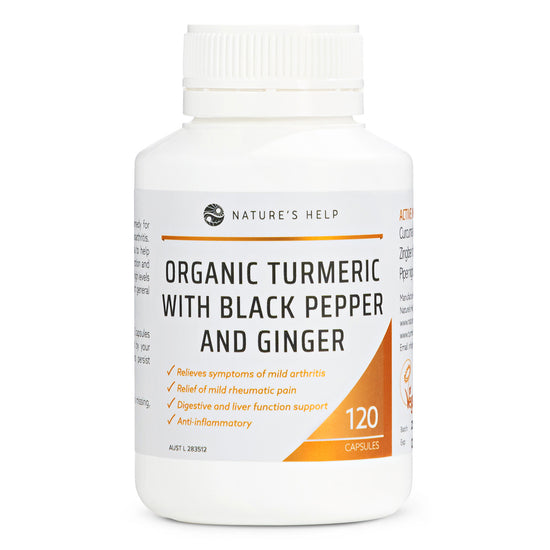Everyone has a favourite smell. Mine is new-mown grass and it instantly conjures up childhood memories of me, aged seven, on a trike, following behind my dad as he mowed the lawn. Then as I got older, being paid 50 cents pocket money to mow the lawn. In retirement I do silly things like walk up the road when the neighbour is having their lawn mown, just to breathe in the smell. Lungfuls of it.
Everyone has a favourite taste. For me, it is creamy, mashed potato wrapped in a lettuce leaf. Mashed up with lashings of butter. And to get the saliva working overtime in my mouth, I just need to peel a tamarillo.
Guaranteed – you will have your preferences too. We do take our ability to taste and smell for granted, so now suppose that you can’t smell or taste your favourites. I can’t imagine myself not being able to smell a flower or munch that crispy apple. I’m thinking of lavender and jasmine and what a mediocre world it would be without those delightful scents wafting in the air. I daresay the scent of cow silage is a heady aromatic to some farmers too.
Food can taste different or be completely bland. Nectarines and pumpkin may be bitter, sour or sweet; contrary to how it actually does taste. This can be very unpleasant, but for many people this is a very real scenario.
Our body has specialised sensory cells, governing smell and taste.

SMELL
High up in the nose, in a small patch of tissue, is millions of olfactory sensory neurons, which connect direct to the brain. Each neuron has an odour receptor. In the front of the brain is the olfactory bulb and this interprets the smell impulse as a distinct aroma. Odours go directly to the limbic system; the part of the brain involved with behavioural and emotional responses. It is all part of the chemosensory system.
A complete loss of smell is called anosmia. A diminished ability to taste sweet, sour, bitter or salty food is called hypogeusia. When familiar things lack odour, that cannot be attributed to a cold or an allergy, it is best to consult a medical practitioner. Nasal congestion and nasal irritation are the most common cause of loss of smell, generally commencing due to a cold, flu or hay fever. And the smell will generally return once the congestion has cleared. A chemist can sell you a decongestant to try and clear the nasal passages, but if the congestion worsens you made need antibiotics, which means a visit to your GP.
The ability to smell also affects your capacity to taste. They are intertwined. Without your sense of smell, your taste buds can only detect a few flavours. About 80% of the flavourings we taste come from our sense of smell. If the nerves are affected, then your sense of taste is impaired.
Neurological conditions, such as Parkinson’s, impact the part of the brain where the smell nerves are located. Loss of smell may be an early indication of the disease but could just as easily be age-related. It may be treatable, so consult with your GP.
Not being able to smell a fire or a hazardous chemical puts you into a life-threatening situation, so attention to the loss of smell is vital.










